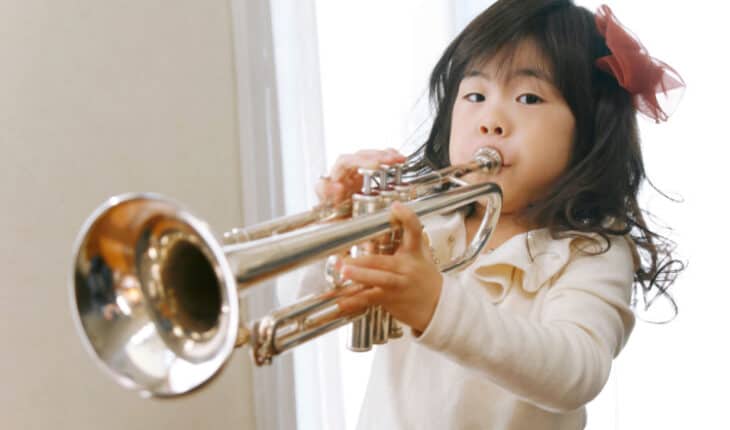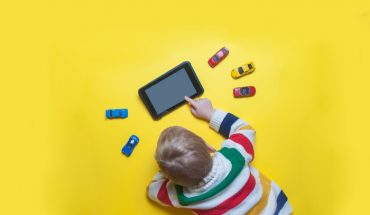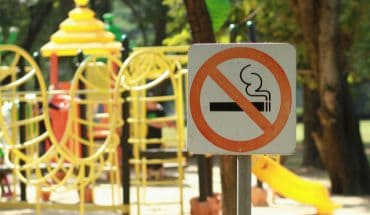Creating a future in music for children with disabilities: A University of Melbourne research program run in conjunction with Melbourne Youth Orchestras, the Adaptive Music Bridging Program, has proudly seen its first cohort of students take to the stage for their debut performance.
Led by researcher Dr Anthea Skinner, the program supports children with a disability to use adaptive musical instruments to develop their musical knowledge and skills, preparing them for futures in mainstream music programs and ensembles.
The program launched in February 2023, with eight students ranging from 8 to 14 years old. The group meet every Saturday for band practice with the support of music teachers, engineers and therapists.
As an ethnomusicologist who also lives with disability, Dr Skinner has experienced firsthand the barriers disability can create for students who could otherwise become musicians.
Dr Skinner said participating in music requires accessible and appropriate instruments, often expensive technology, and the right support and coaching.
“Growing up, my parents taught me music and I became a musician at a young age,” Dr Skinner said.
“However, I quickly noticed I was the only disabled kid in our school band and I knew that other kids like me were missing out.”
Through her work with Professor Kat McFerran and Associate Professor Grace Thompson from the Faculty of Fine Arts and Music’s Music Therapy Department, the team noticed some common themes reported by musicians with a disability when speaking about their education and pathways into professional success.
“We found that the main barriers we kept coming back to were music education and accessing teachers,” Dr Skinner said.
“And successful musicians don’t pick up their instrument for the first time when they’re hitting university, they need to pick it up right at the beginning, when children are thinking about whether or not they can play an instrument.”
It was this insight that led Dr Skinner, along with Dr Leon de Bruin from the Performance Teaching Department, to form the Adaptive Music Bridging Program.
The program provides a space for students and their families to experiment with various instruments and find the one that both feels right and aligns with their interests. Students receive weekly group lessons with high-quality music instruction. They learn how to play their instrument, music literacy and performance etiquette, with the view to preparing these young musicians for a future in mainstream music.
The talent and diversity of musicians with disability was recently celebrated in a special concert, bringing together three generations of performers to share their talent.
- New lipid-based pathway discovered as key to memory formation - 25th June 2025
- Crucial link could explain how Alzheimer’s takes hold - 25th June 2025
- Understanding Your Mind Can Improve Daily Life - 25th June 2025






